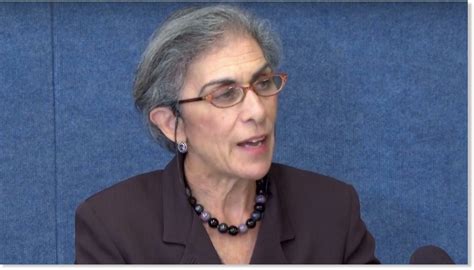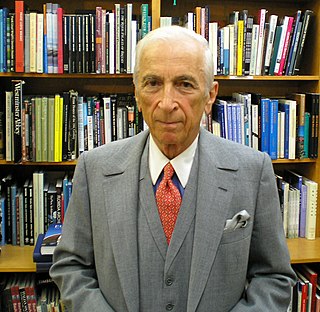A Quote by Mark McKinnon
Washington doesn't have just a spending problem, or just an entitlement problem, or just a taxing problem. We have a leadership problem. Fix that, and the first three problems are solved.
Quote Topics
Related Quotes
When you start a company, it's more an art than a science because it's totally unknown. Instead of solving high-profile problems, try to solve something that's deeply personal to you. Ideally, if you're an ordinary person and you've just solved your problem, you might have solved the problem for millions of people.
A lot of the problems we have in our criminal-justice system, you know, the problem of over-incarceration, the problem of prosecutorial abuse, the problem of just this sort of mass crop of people, of plea bargains, they all have to do with the system being overloaded. If crime was lower, many of the problems would go away.
Finally, imagine that you've really worked hard on yourself and become a level 10 person. Now, is this same level 5 problem a big problem or a little problem? The answer is that it's no problem. It doesn't even register in your brain as a problem. There's no negative energy around it. It's just a normal occurrence to handle, like brushing your teeth or getting dressed.
Clipper took a relatively simple problem, encryption between two phones, and turned it into a much more complex problem, encryption between two phones but that can be decrypted by the government under certain conditions and, by making the problem that complicated, that made it very easy for subtle flaws to slip by unnoticed. I think it demonstrated that this problem is not just a tough public policy problem, but it's also a tough technical problem.
It’s a way of life to be always texting and when you looks at these texts it really is thoughts in formation. I do studies where I just sit for hours and hours at red lights watching people unable to tolerate being alone. Its as though being along has become a problem that needs to be solved and then technology presents itself as a solution to this problem…Being alone is not a problem that needs to be solved. The capacity for solitude is a very important human skill.


































